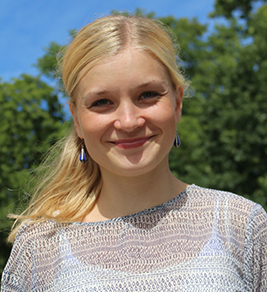This project looks at the challenges facing the development of a more sustainable rural tourism in the Nordic regions.
Sustainable tourism has been defined as tourism that takes full account of its current and future economic, social and environmental impacts, addressing the needs of visitors, the industry, the environment and host communities.
The challenges of rural tourism include capacity constraints on capital and labour, natural and physical capital and strong seasonal differentiations that require considerations for optimal investments. The project looks more closely at how these challenge are met in various rural areas within the Nordic region.
Building on previously built-up knowledge from the Nordic Arctic working group (2013-2016), we will firstly conduct a scoping analysis that will map where regional destination management plans are in progress, initiated or finalized.
Secondly, we will conduct a Pan-Nordic development of national tourism satellite accounts to bring the accounts to regional level of analysis.
Through case studies we will aim at investigating dynamics of local tourism innovation in order to see how tourism stakeholders including the local community benefit from tourism development.
The following aspect will be considered throughout the project/cross cutting:
- Regional Planning
- Transport and maintenance and security (sea, air, land)
- Landownership / almannarätten
- Land-use (nature-culture collisions and/or symbiosis)
The project “Rural tourism in the Nordic region” is a part of the Nordic Thematic Group for Sustainable Rural Development.
Related Research Projects
Related Publications
- Planning for sustainable tourism in the Nordic region
- Planning for sustainable tourism in the Nordic rural regions – Cruise tourism, the right to roam and other examples of identified challenges in a place-specific context
- Regional tourism satellite accounts for the Nordic countries
- The value of social sustainability in Nordic Tourism Policy






